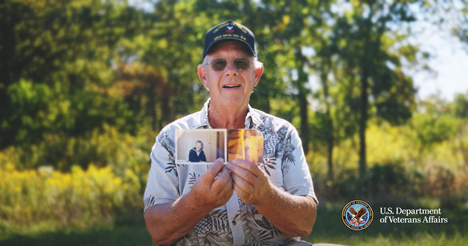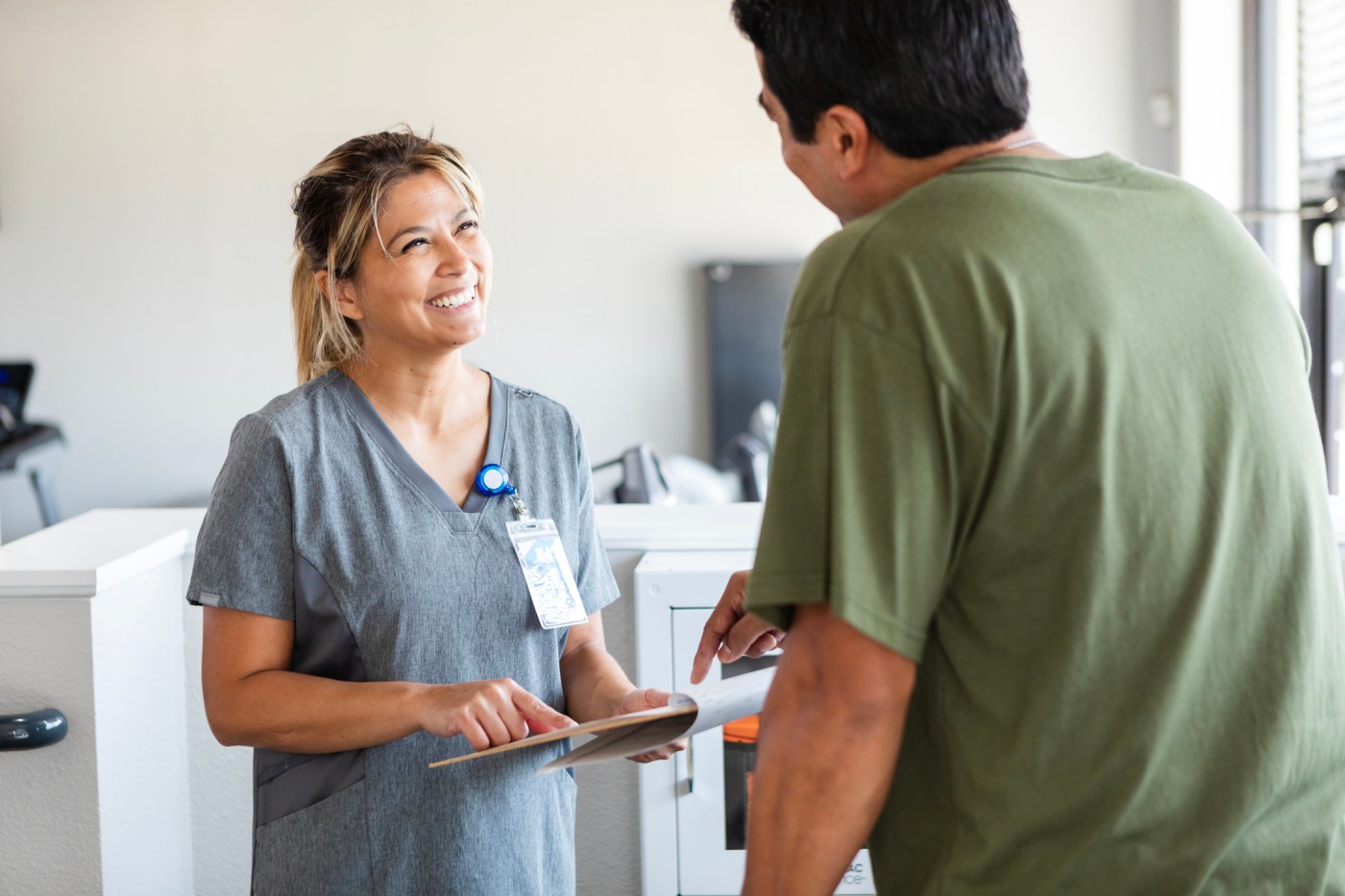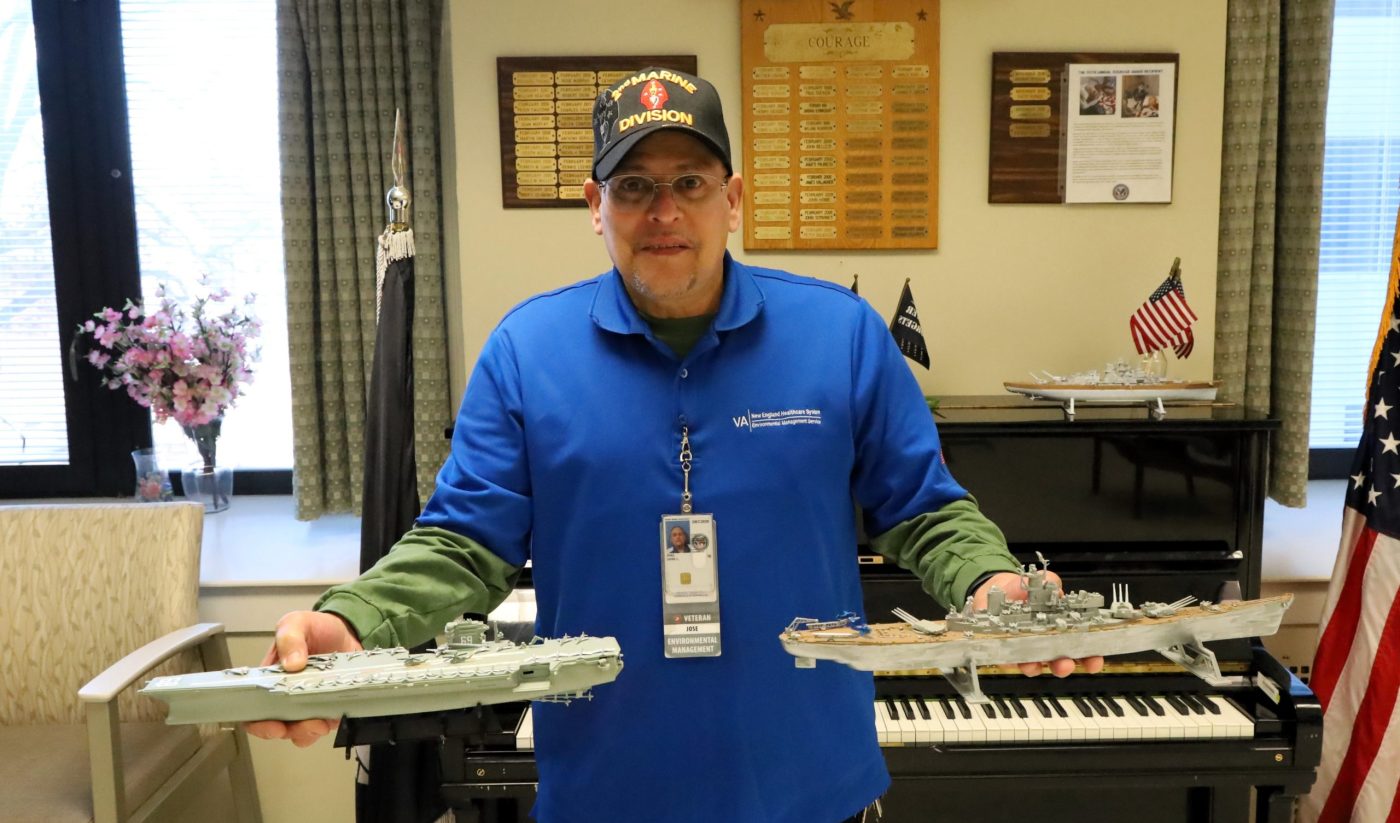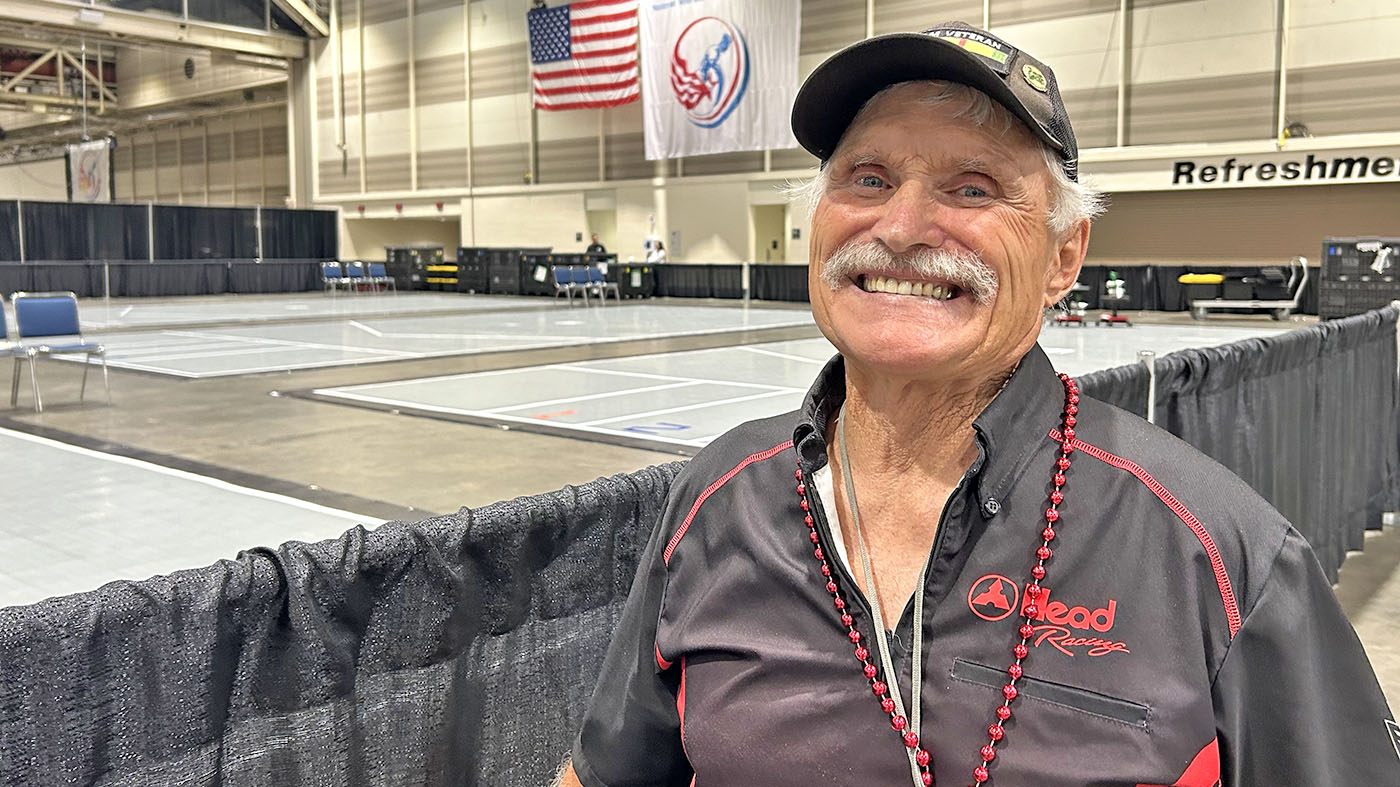 On the eve of the launch of the Cancer Moonshot 2.0, I received a phone call from my Afghanistan deployment battle buddy and dear friend, Jess. She was diagnosed with breast cancer. It would be her third time having cancer before turning 50. Though it was an emotional time for her, she was thankful that she and her providers caught the tumor at an early stage as she understood her risk factors and screened accordingly.
On the eve of the launch of the Cancer Moonshot 2.0, I received a phone call from my Afghanistan deployment battle buddy and dear friend, Jess. She was diagnosed with breast cancer. It would be her third time having cancer before turning 50. Though it was an emotional time for her, she was thankful that she and her providers caught the tumor at an early stage as she understood her risk factors and screened accordingly.
During the COVID-19 pandemic, cancer screening nationwide took a nosedive. VA was no exception, as caring for patients suffering from COVID-19 became a priority. As part of the White House’s Cancer Screening initiative, VA is working tirelessly to increase screening rates by expanding access and raising awareness. June is a special time to do this since it is Cancer Survivorship Month. The cancer survivorship journey begins at diagnosis. For some, that journey begins at a cancer screening.
Survivorship starts at screening
There are four types of cancers where screening makes a big difference because, if caught early, the treatment may be more successful: They are cervical, breast, lung and colorectal cancer. Age and certain risk factors, such as a past or current history of smoking and family history, all determine when you qualify for a cancer screening.
Talking with your primary care provider about which screenings are right for you and how often screening is recommended for you is a great start. The National Center for Health Promotion and Disease Prevention has all the information you need to prepare you for this conversation.
I understand everyone is busy, and it can be hard to fit in appointments, but you don’t want to skip your screenings. Cancer screenings can catch cancer in earlier stages before you notice symptoms, improving the chance treatment will be successful.
Choose VA for your cancer care
If you are diagnosed with cancer, I encourage you to Choose VA for your cancer care. VA’s National Oncology Program has a suite of tools to bring you the best care possible. From precision medicine that helps treat specific tumor types to the National TeleOncology service which is expanding access to cancer care across the country, your survivorship journey is in good hands at VA.
I recently watched a video about cancer survivorship at VA. I was struck by the story of U.S. Navy Veteran Paul Macko’s story. Macko was diagnosed with advanced lung tumor. The best course of treatment would have been a major surgery, but his quality of life would’ve plummeted. His provider Dr. Amit Goyal treated his cancer through photodynamic therapy, with no evidence of tumor reoccurrence. Macko now spends his time fishing and enjoying life.
Learn More
Speak to your VA provider today about how to schedule your screening. You can find your local VA medical facility by visiting VA.gov: Find Locations.
To learn more about cancer care within VA, visit cancer.va.gov or email cancer@va.gov.
Topics in this story
More Stories
One strategy credited for the improvement is a focus on building trust and stronger patient-provider relationships.
Army and Marine Corps Veteran started making models after being hospitalized at Connecticut VA.
Veteran Hank Ebert is a bit of a superstar in the National Veterans Wheelchair Games. He has been attending since 1993.







You left off a Fifth Cancer that can be detected via PSA test screening – Prostate cancer.
What if the local VA has no cancer doctors, like Leed’s VA Hospital and people are sent to Community Care doctors. (who seem more interested in profit, than patient)? I am diagonesed with a cancer, that I was opested on at he VAHospital n West Haven, CT, which is said to be inhearited, but no one in my family ever had it and my claim for compensation was rejected, and no records can be found, AO was where I was, particularly Memphis Naval Air Station in the 1960’s where defoiliants were used for weed removai around the base fence..and used over the TN power lines by air, wind drift..and in the Carribien on a PR Island, we made fresh water from sea water and wind drift would put defoiliant in the water and we used it for shipboard use… (and for my brother stationed in Guam, he is dead). Ya, do your patrioti duty and die!
So i’ve been treated for 2 an a half years for leukemia, i ask what are the treatment plans every time i talk to my specialist, if i can even get to talk to them, every time its like rolling the dice on who recommends what, all different answers, but yeah sure VA care is better than nothing